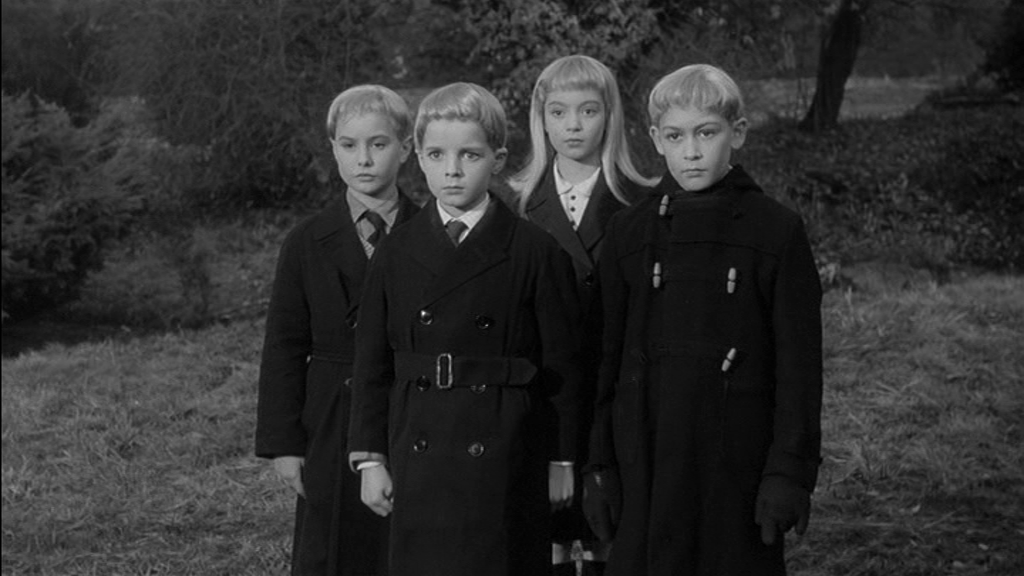The sky at night is darker than the sky during the day. You probably know why this is the case, so I will not bother explaining it to you. Twinkling stars, visible in the dark sky at night, seem to vanish in the daylight. But of course they are still there, in their appointed places. Only a nitwit would think otherwise. It is simply that they do not twinkle in the daytime. They save that for the night, when they can help nocturnal travellers find their way.
Such a traveller would of course have to have some idea what he was looking at, neck arched to peer up at the night sky. He would need to have a practised ability to discern patterns, otherwise the myriad stars can look like a chaotic splattering of twinklings across the sky. If all the traveller sees is chaos, he is likely to get lost, for at night the sky is dark and there is little light and many of the signs and landmarks he may use to orient himself in the daytime cannot be seen clearly. But if, when he looks up at the stars, he is confounded by the sight, that is not going to help him.
So if, in the night, you are wending your way home and you meet a traveller who is lost, you can play the good Samaritan by explaining the patterns to him. You might even have, stuffed into your pocket, a map or a diagram of the stars, and this you can give to the traveller. Or you might want to sell it to him, if you are penniless, and he is not.
But let us say you are the traveller, the star-ignorant fellow abroad in the night when you would be better off tucked up in bed. We can only guess at your reasons for being out and about, plunged in darkness, without a clue where you are. Perhaps you set out on a mission of mercy, or on an errand so urgent it could not wait until daybreak. Or you may have been suddenly overcome with wanderlust, and crashed out of the door in the middle of the night without even stopping to put on your boots.
Something similar happened to my maternal grandfather. He came home from the pub one night, in Ghent, in 1936, fired with drunken revolutionary zeal, and determined to go and fight in the Spanish Civil War. It is possible, of course, to walk directly from Belgium to Spain, and so without giving it further thought he crashed out of the door of his house in Haardstedestraat in Ghent, in the middle of the night. It is unlikely that he had a star map to guide him. The precise route he took is unknown, but a couple of days later he woke up in a Belgian ditch with a fever, and was brought home.
In our hypothetical situation, you are the lost traveller abroad in the night. We shall try to save you from the ditch. Baffled by the stars in the sky, you are having second thoughts about your mission of mercy or urgent errand or wanderlust or fighting talk, when of a sudden you meet a local person wending his familiar way home. He is a good Samaritan, and takes from his pocket a map of the stars. But he is a penniless Samaritan and he wheedles out of you an outrageous price for the map. Armed with it, however, you are bursting with confidence that you will be able to find your way, so you consider it money well spent.
The Samaritan disappears into the shadows, and you are left standing on the lane, or in the field. You unfold the star map and gaze at it, and then look up at the twinkling stars in the sky. You look from map to sky to map to sky to map to sky and try to correlate the two, and realise you are holding the map the wrong way round. You turn it, and try the correlation again. Now you are able to spot certain patterns, alignments of twinklings which seem similar, if not quite identical, upon the map and in the sky. You are, you think, getting somewhere.
I am afraid to say you are getting nowhere. So deep-seated is your star-ignorance that you are faced with the myriad chaos of stars splattered across the sky, and the myriad chaos of pencil-markings splattered across the paper. The fact that you have identified similarities between the two makes them no less chaotic. Indeed it might be said that all you have achieved is to double the chaos. The best thing you can do now is to walk until you find a ditch, and lie down in the ditch, and rue the cost of the map, and fall asleep until daybreak. You will, when you wake, regret that you paid so little attention, when you were a tot, to the astronomy lessons given by Dr Von Straubenzee, in the cold bleak village schoolroom.
The sky at night is darker than the sky during the day. Splattered across the sky are teeming billions of twinkling stars, so far away that you would be very very old, or more likely dead, before you ever reached them, even in the fastest and most advanced space age intergalactic voyager. Gaze at them, in the night, gaze and gaze until you have learned their allotted places, their appointed courses. Learn their disposition across the firmament so well that you can draw their positions with pencil on paper from memory. Where now you see chaotic splattering, learn to see patterns and alignments. Learn the stars! And the sky at night will be your guide.
Those were the words of Dr Von Straubenzee to which you did not listen, preoccupied as you were with tiddlywinks and crumpled up blotting paper and other childish things. Had you listened, you would not, like my grandfather, be sprawled in a ditch at daybreak in the Belgian rain.



